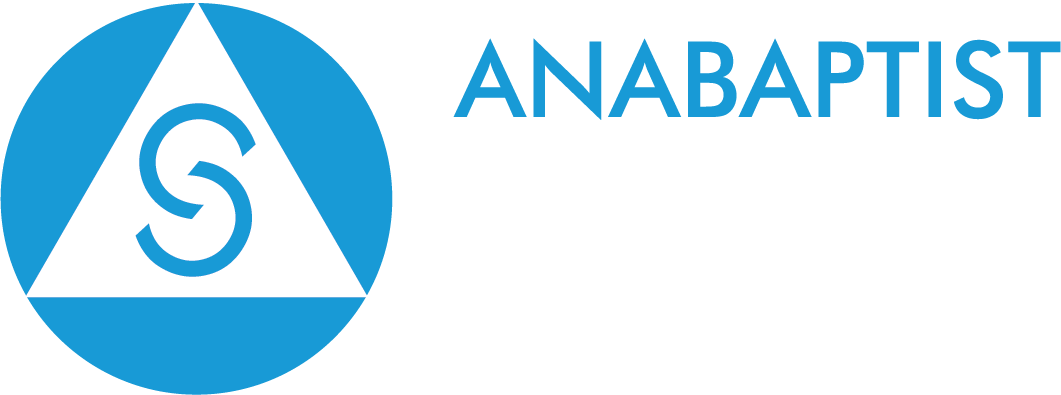38: Striving for Integrity
Canada
A Climate Pollinator story by Sierra Ross Richer
Andre Wiederkehr, of Ontario, Canada, doesn’t have a driver’s license. That’s because he chooses not to use fossil fuels to get around.
Without using a car, attending Hanover Mennonite Church on Sundays means riding 21 kilometers by bike. “None of us is really an enthusiastic biker,” said Andre, who lives on a farm with his brother and parents.
The question, Andre’s brother, Theo, said, is “Do we drive and continue the system which can’t be continued forever, so eventually there will have to be a break, or do we make the break now?”
Andre, Theo and their parents have decided to make the break in numerous ways. On their 100-acre farm, they are working to swap out tractors and power tools for human-powered farming methods. They burn firewood instead of using a gas or electric stove, and let their wood stove double as a heater for their house. They grow most of their own food, eliminating the need for transportation, and use local building materials, like wood, as much as possible, instead of metal or cement.
The lifestyle they have chosen isn’t easy. The brothers work hard and sometimes feel isolated from friends and family. So how do they stay motivated, and what keeps them accountable?
“Most people hold themselves to some kind of moral standard,” Andre said. “For me, I want to be a person of integrity, I want to be able to think well of myself.”
Andre enjoys making tools for use on the farm, and he said he finds satisfaction in a job well done. He also said there’s something rewarding in“feeling that the thing you did, you’ve done in the right direction, in the right way.”
Theo said that for him, “The satisfying thing is… when I’m working with another species well. That happens most for me with our domesticated plants.”
Theo owns a seed company and grows a wide variety of grains, including wheat. “We’ve had this relationship with this plant for 10,000 years of human history,” he said. “and it has shaped how our species has developed and we have shaped how its species has developed.”
Theo continued: “There is this enormous, strange satisfaction when you hold a sheaf of grain that you have grown and harvested in your hand. I felt it the first time I harvested.”
Modern society is structured around many systems that are harmful to the earth and to people. “Because of how our society has developed,” Theo said, “we end up in situations where there seems to be no good choice.”
For example, he said, “Do we make a bad choice of traveling to church in a damaging way, or do we make a bad choice of not being part of that church? Neither really feels like a good option.”
For inspiration, the brothers turn to their Mennonite heritage. “Desire for integrity is something which is deeply ingrained in our faith,” Theo said.
Andre provided an example: “I used to be really into robotics, and I do enjoy that a whole lot more than gardening at a brain-tickling level, but I don’t think I would feel good about my life if that was what I was doing right now.”
Photos



